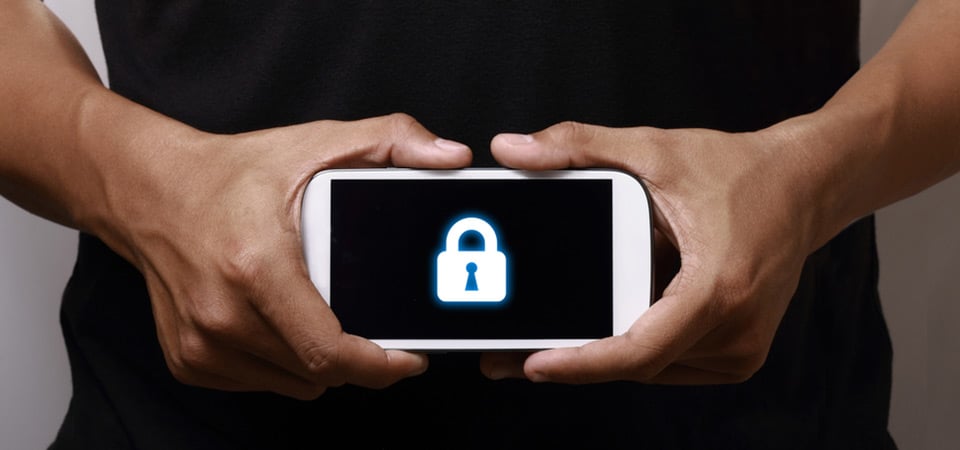Even without a VPN, you're probably safe... for now. We're not secretly tracking you – we're far too friendly for that! However, browsing without a VPN is undeniably risky. Think of it like going out without a jacket on a cold day – you might get by, but you're much more vulnerable.
Connecting to the internet without a VPN exposes your personal information – your name, address, email, and more – making you a sitting duck for cybercriminals. Surprisingly, only a fraction of internet users employ VPNs, especially for their mobile devices, which are constantly exposed to public Wi-Fi networks.
Let's explore why securing your Android phone with a VPN is crucial, simple, and even enjoyable.
Understanding VPNs
 A VPN, or Virtual Private Network, masks your IP address (your online identifier) with the IP address of a shared, anonymous server. This prevents anyone from tracing your online activity back to you, even your internet service provider.
A VPN, or Virtual Private Network, masks your IP address (your online identifier) with the IP address of a shared, anonymous server. This prevents anyone from tracing your online activity back to you, even your internet service provider.
The encrypted connection your VPN creates shields your data from malicious actors lurking on public Wi-Fi networks. It also protects your home network from unwanted access.
VPNs: More Than Just Security
 VPNs offer more than just security. They bypass geo-restrictions, allowing access to content unavailable in your region. This includes streaming services like Netflix, which offer different content libraries depending on your location. You can also unlock region-locked games and websites.
VPNs offer more than just security. They bypass geo-restrictions, allowing access to content unavailable in your region. This includes streaming services like Netflix, which offer different content libraries depending on your location. You can also unlock region-locked games and websites.
The simplicity of using a VPN is often surprising. It's as easy as installing an app, creating an account, and selecting a server location. Despite the technical-sounding name, protecting your online privacy is remarkably user-friendly.
















